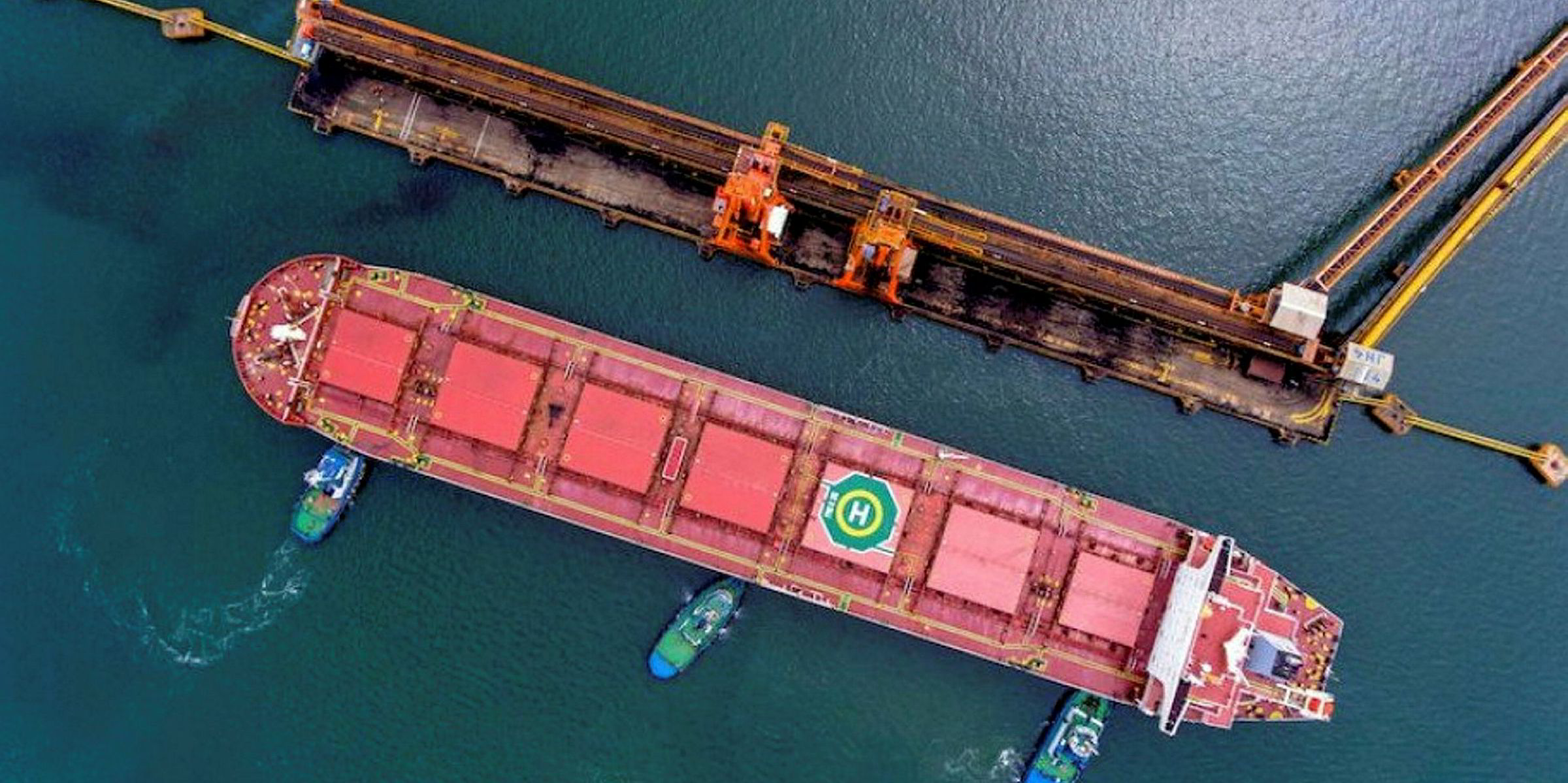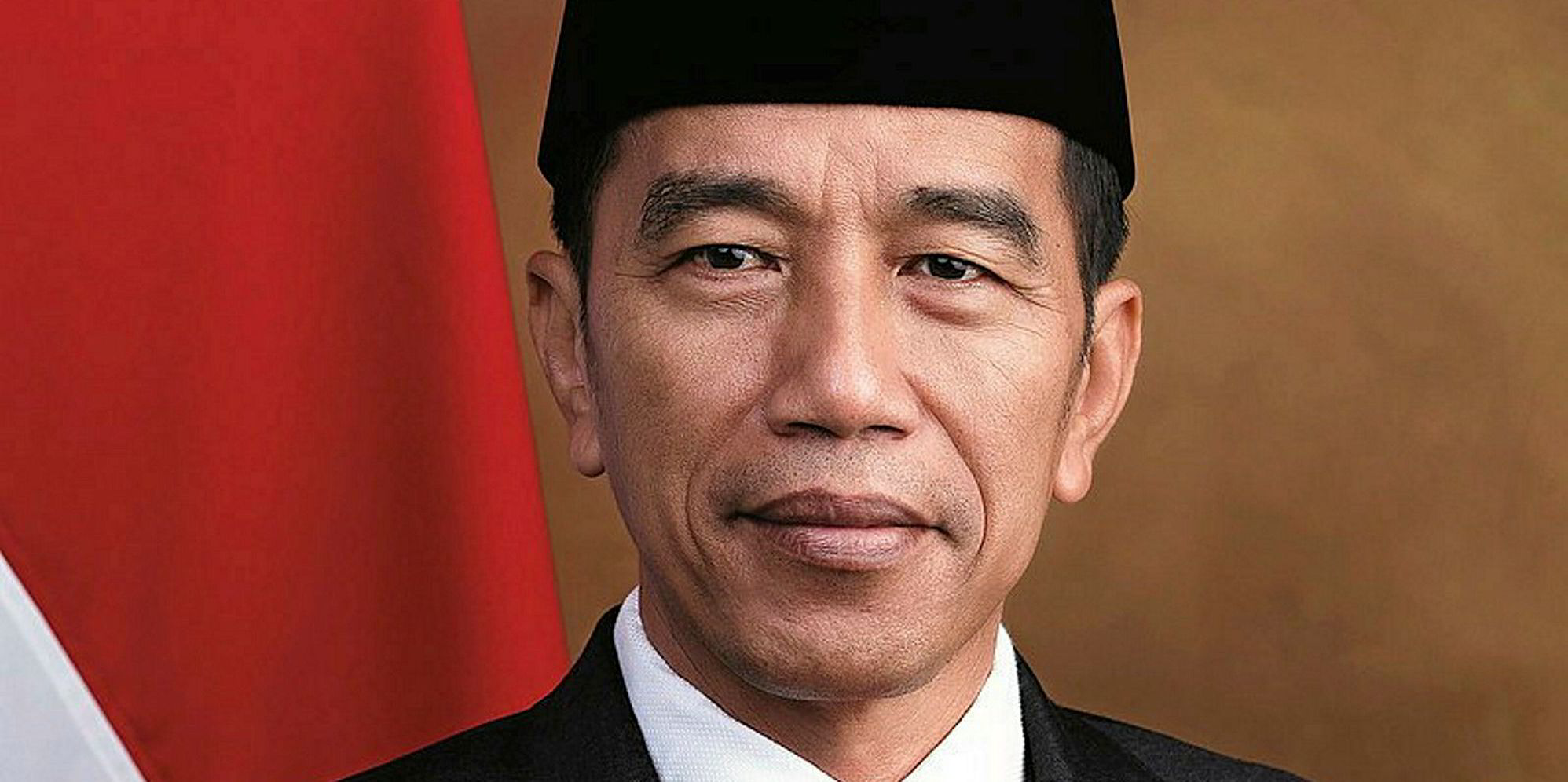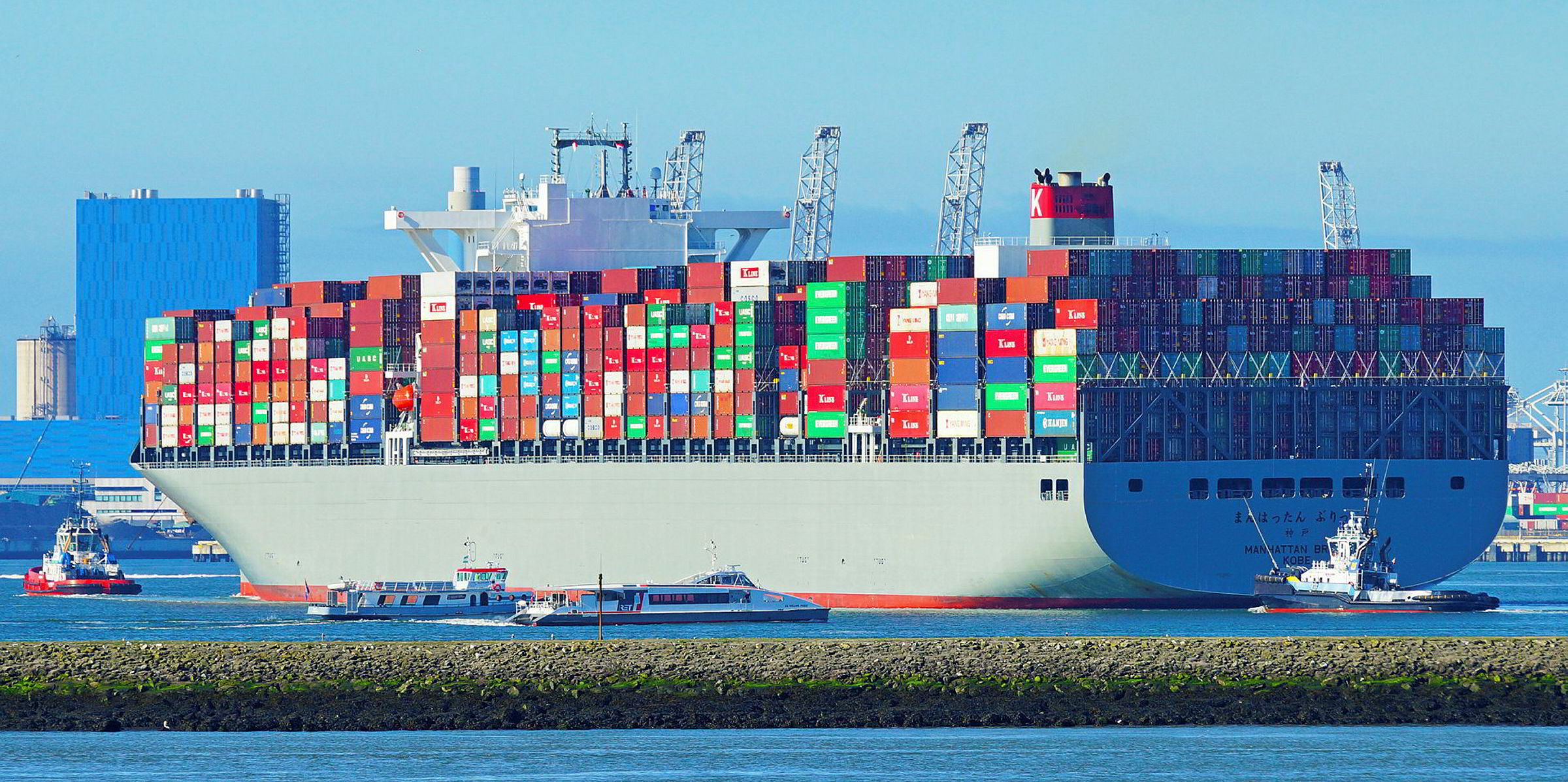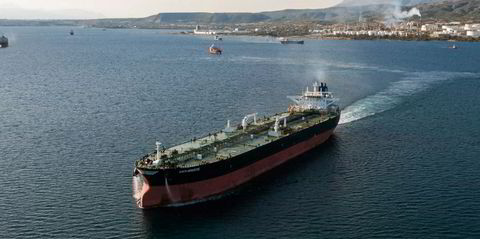The Japanese government has drawn up plans to cut around 90% of the country’s older coal-fired electrical power-generation capacity as part of environmental efforts to reduce carbon emissions.
According to plans developed by the Ministry of Economy, Trade and Industry, around 100 out of Japan’s 114 current coal-fired power-generation plants built before 1990 and viewed as “inefficient” will be closed or mothballed.
Japan is 100% reliant on imported thermal coal for its coal-fired power generation. According to figures from broker Clarksons, the country imported 126 million tonnes of thermal coal in 2019.
The imports are mainly carried on dedicated post-panamax bulkers operating on long-term freight contracts on a shuttle service from the exporting countries of Indonesia and Australia.
Tokyo analysts estimate that Japan may have to gradually reduce its fleet of dedicated coal carriers by around 60 vessels over the next decade in response to the announced closures.
Japan’s major operators already have plans in place to reduce the size of their dry bulk fleets.
However, Japan has not given up on coal-fired power, which it still views as a part of its long-term energy mix.
The leaking of plans to close electricity plants is being viewed as an attempt to deflect criticism of an earlier plan announced to build 22 modern new large-scale thermal power plants at 17 different sites around the country by 2025.
Japan’s continued use of coal-fired power comes in contrast to commitments made by France and the UK to eliminate the use of coal-power generation in the next few years.
More generally, the import of dry bulk raw materials to Japan is in short-term and long-term decline. Clarksons estimates thermal coal imports to Japan will already shrink to 122 million tonnes this year as a result of the economic impact of the Covid-19 pandemic.
Similarly, iron ore imports are set to slump by 15% compared to last year, to 101.6 million tonnes in 2021 after a number of steel mills announced they are temporarily closing furnaces in response to a downturn in demand.
The country’s two largest steel producers — Nippon Steel and JFE Steel Corp — have also ordered a number of longer-term permanent steel-mill closures over the coming years.






